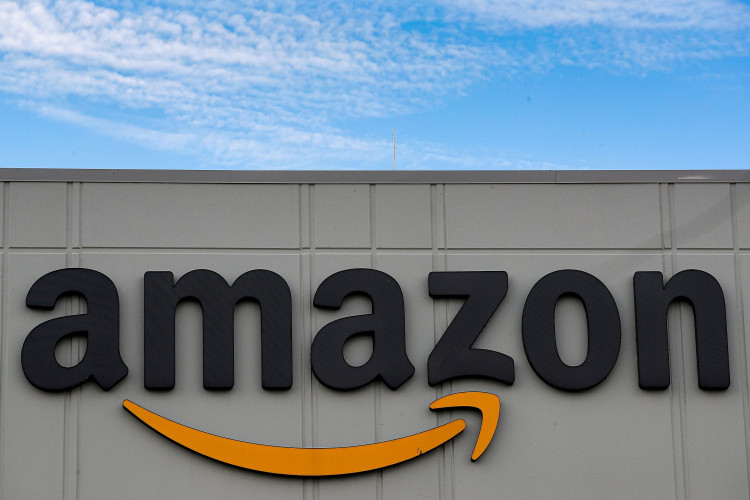The rise of Chinese cross-border e-commerce platforms in the United States, leveraging social media and low-cost product strategies, has significantly attracted a vast American user base, encroaching on Amazon's share in the U.S. online shopping market.
The emergence of new Chinese e-commerce platforms, Temu and Shein, has caught the attention of Amazon's top executives. In response, Amazon has begun taking measures such as significantly reducing the commission on apparel sales, considering the creation of a second purchase box for consumers, and lowering the commission for its Merchant Fulfilled Network (MFN) program, all in an effort to benefit consumers and merchants.
Reports indicate that in January, Amazon drastically cut its commission rates on apparel sales, reducing the commission to 5% for items priced below $15, and to 10% for items priced between $15 and $20. Previously, the commission rate was 17% for all sales amounts. Amazon spokesperson Maria Boschetti stated that the purpose of this commission adjustment is to "increase product diversity and more competitive pricing."
Amazon is also considering additional measures, including the creation of a second purchase box for U.S. consumers. The purchase box is an area in the top right corner of Amazon product listing pages that includes "Buy Now" and "Add to Cart" buttons.
Under the current purchase box mechanism, Amazon uses an algorithm to determine which seller's product is displayed in the purchase box, considering factors such as delivery speed, price, and cancellation rate. The algorithm tends to favor sellers using Amazon's Fulfillment by Amazon (FBA) service, which offers faster delivery speeds and higher customer satisfaction.
The proposal for a second purchase box would add another buying option on the product detail page, placing greater emphasis on the product's price rather than delivery speed. This means that even if some products have longer delivery times than those using FBA services, as long as their prices are lower, they could gain more exposure and sales opportunities.
As part of Amazon's antitrust commitments to regulatory authorities, this practice has already been implemented in the European Union. Reports suggest that Amazon executives have been discussing the possibility of adding this feature on all sites, including the U.S. site, since 2019.
Regarding sellers who fulfill orders themselves, Amazon has also discussed lowering commissions for its MFN program to enable these sellers to compete more effectively with prices on Temu and Shein.
Under the MFN model, sellers retain full control of the logistics process but still pay Amazon's standard commission, which varies by product category and is typically about 15% of the sales price. By reducing the commission required to sell products on Amazon, sellers who fulfill orders themselves could operate at lower costs, potentially offering more competitive pricing.






